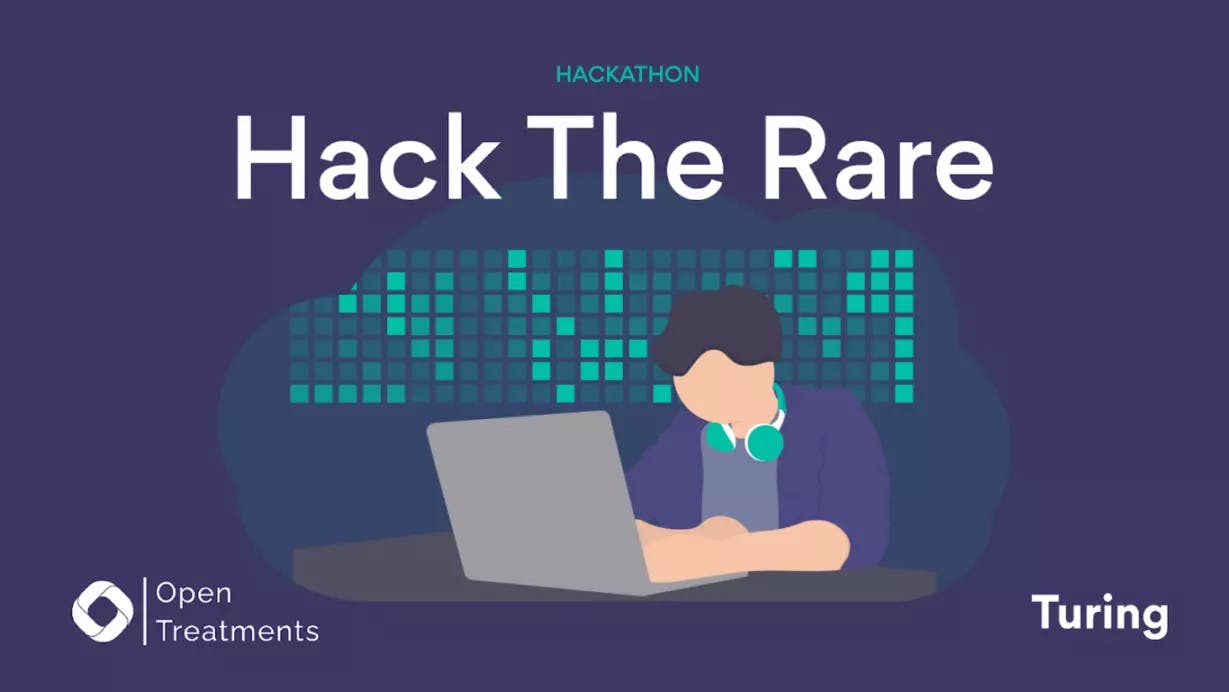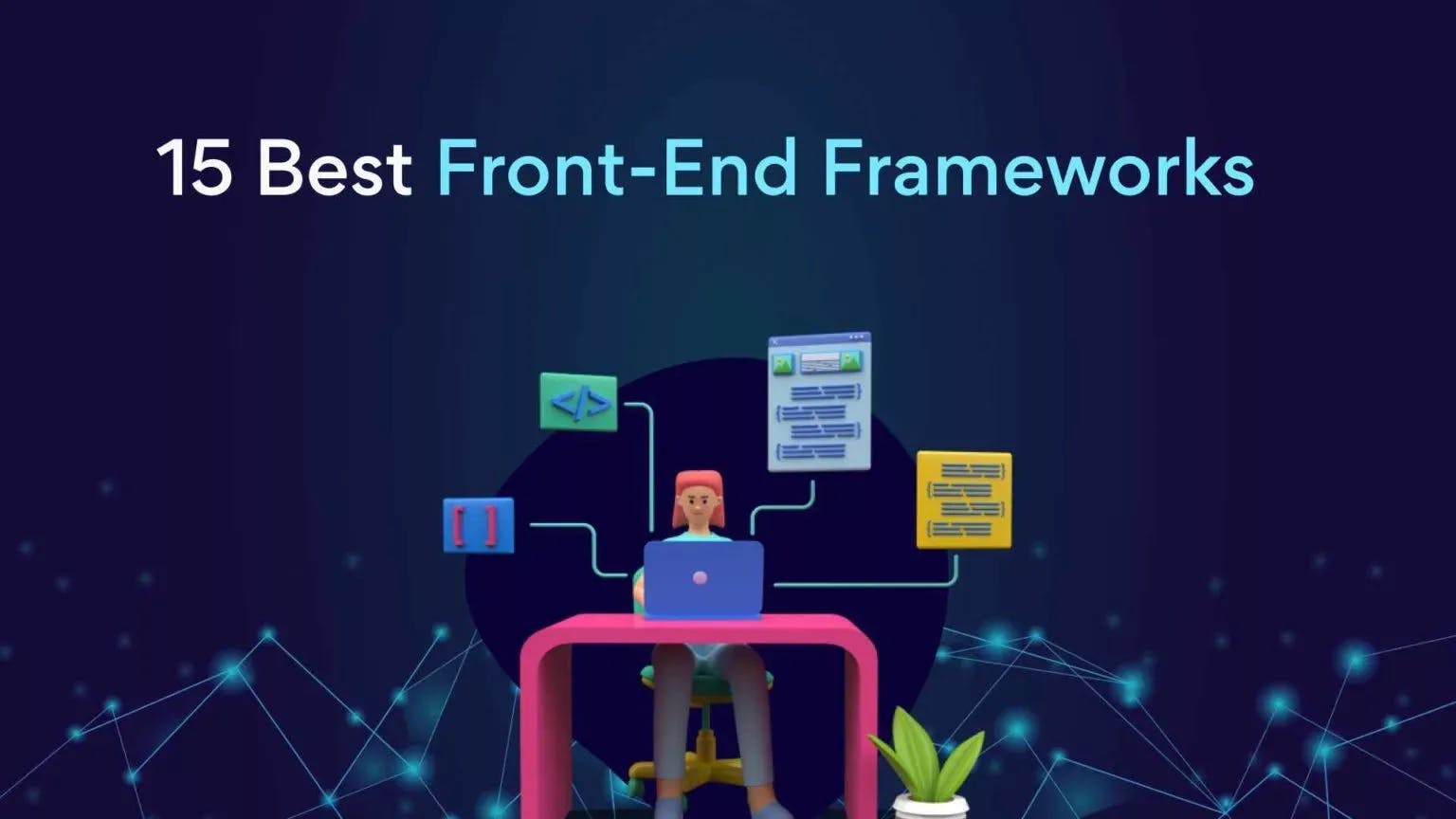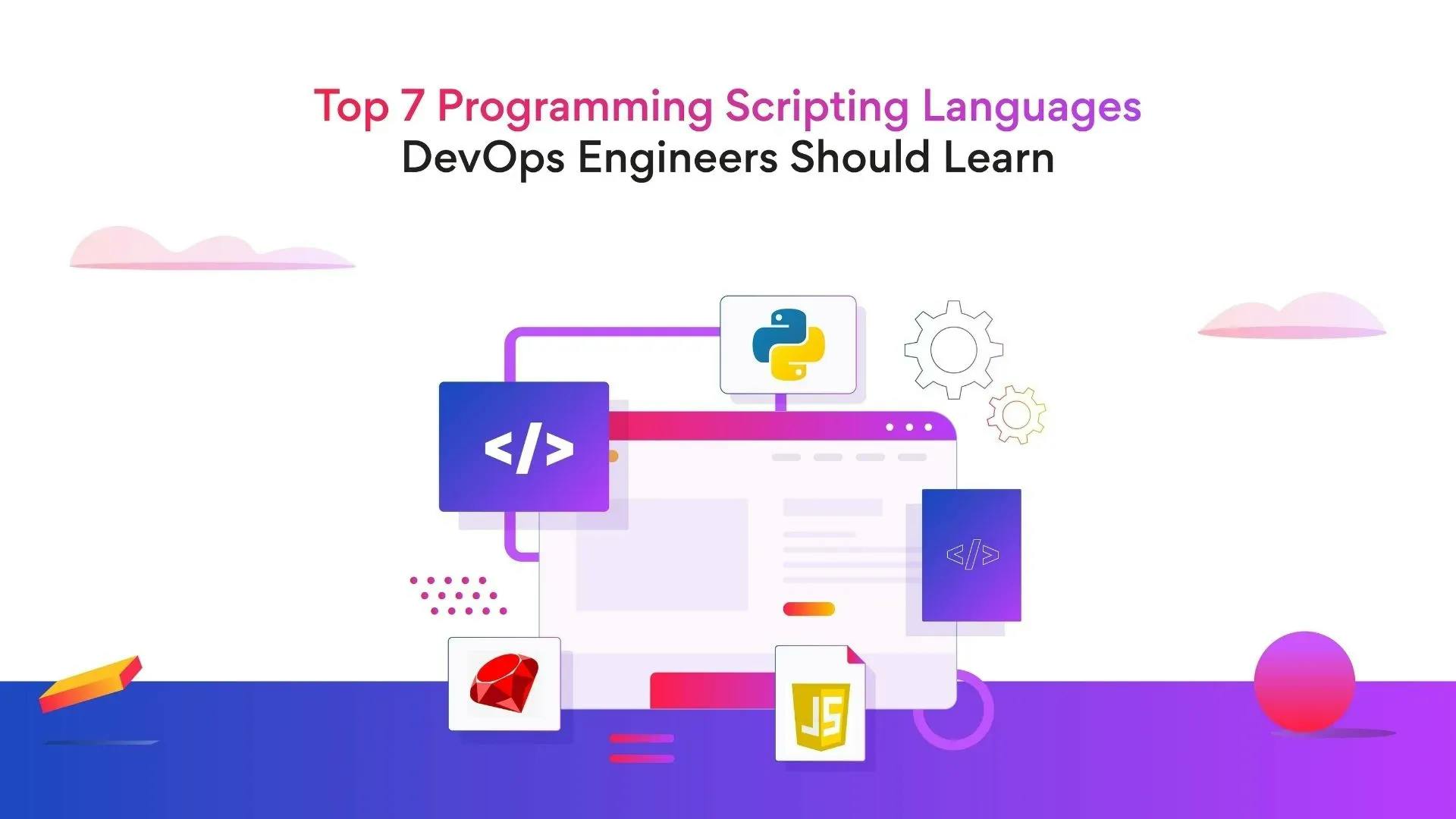Remote DevOps/Infrastructure engineer jobs
We, at Turing, are looking for talented remote DevOps/Infrastructure engineers who will participate in planning, building, testing, and deployment to support development of software and related infrastructure in a dynamic team environment. Get an excellent opportunity to collaborate closely with the best minds while working at top U.S. firms.
Find remote software jobs with hundreds of Turing clients
Job description
Job responsibilities
- Planing, building and setting up infrastructures and new development tools
- Assisting DevOps operations by integrating developed IaC into CI/CD pipelines
- Maintain documentation utilizing standardized templates including installation and configuration guide, design and engineering plan, etc.
- Work across teams to ensure high productivity, reliability, and scalability of applications
- Develop metrics and KPIs to quantify product quality and engineering efficiency
- Ensure system infrastructure operations by troubleshooting malfunctions
- Manage, maintain, and enhance technical baselines to encompass hands-on technical engineering efforts required to define, develop, test and implement software baselines
Minimum requirements
- Bachelor’s/Master’s degree in Engineering, Computer Science, IT (or equivalent experience)
- At least 3+ years of professional cloud architect level experience with Aws, Azure and/or DevOps (rare exceptions for highly skilled developers)
- Experience in developing and releasing infrastructure-as-code (IAC) in a controlled environment
- Comprehensive understanding of full lifecycle configuration management
- Expertise in coding and scripting to build required automation and tools using Chef, Ruby, JSON, Python, Azure CLI, PowerShell, Java, etc.
- Proficiency in general-purpose programming languages like Python, Java, Go, Perl, C#
- Proficiency in implementing and administering systems in a virtualized cloud environment like AWS EC2, OpenStack, XenServer or VMware
- Prior experience in TCP/IP and Ethernet networking technologies
- Expert understanding of CI tools such as Jenkins, Travis, Azure, DevOps, etc.
- Fluency in English language for effective communication
- Ability to work full-time (40 hours/week) with a 4 hour overlap with US time zones
Preferred skills
- Terraform Associate level certificate is preferred
- Hands-on expertise in performing administrative activities and configuration within the Linux command line interface
- Experience with OpenStack, open-source applications and tools
- Understanding of deployment tools like Chef and Puppet or Heat
- Working experience with Vagrant, Docker, and MongoDB
- Knowledge of configuration management, build management, release management using tools like Jenkins, Git, SV), Ansible, Mercurial, etc.
- Previous delivery experience with Consulting or Agile client service
- Great critical thinking and problem-solving skills
- Excellent communication and organizational skills
Interested in this job?
Apply to Turing today.
Why join Turing?
1Elite US Jobs
2Career Growth
3Developer success support
How to become a Turing developer?
Create your profile
Fill in your basic details - Name, location, skills, salary, & experience.
Take our tests and interviews
Solve questions and appear for technical interview.
Receive job offers
Get matched with the best US and Silicon Valley companies.
Start working on your dream job
Once you join Turing, you’ll never have to apply for another job.

How to become a DevOps/Infrastructure engineer?
As the name implies, DevOps is a combination of development and operations. DevOps is a certified technique that combines development and information technology to optimize the software development lifecycle. It encourages continuous delivery and feedback while ensuring project coherence across all of the involved teams. Software development is a multi-phased, time-consuming process. The process includes development, deployment, testing, and design. DevOps developers join in with their expertise to ensure that all development processes are error-free and streamlined. DevOps makes continuous development, continuous testing, and continuous integration easier, ensuring high quality and on-time delivery.
An infrastructure engineer is in charge of the physical components of a network infrastructure's planning, design, and execution. In addition, the individual creates various digital platforms and programmes, troubleshoots issues, installs new features, mentors people on the team, and represents the organization in communications with vendors and partners.
DevOps/Infrastructure engineer jobs are accessible in a variety of settings, including large IT firms and financial institutions. These organizations use them to make sure that their servers and digital infrastructures are up to date and functioning properly.
What is the scope in DevOps/Infrastructure engineering?
The software development cycle has been transformed by DevOps/Infrastructure engineers. The DevOps philosophy's code of ethics has also improved application development. Infrastructure engineers have benefited greatly from the advent of corporate digital strategies utilizing the cloud and the Internet of Things. The infrastructure engineer's role has evolved from hardware provisioning and maintenance to solution creation and delivery. However, this transition has resulted in new expectations, which in turn have resulted in new demands.
As a result, there is a growing demand for remote DevOps/Infrastructure engineers with excellent collaboration abilities. Remote DevOps/Infrastructure engineers positions are becoming more common as the number of start-ups grows. Not only are remote DevOps/Infrastructure engineers jobs in high demand, but they're also among the highest-paying jobs. One of the finest times to hunt for DevOps/Infrastructure engineers’ employment is right now. The additional demand, on the other hand, comes with more obligations. Let's take a look at what remote DevOps/Infrastructure engineers’ jobs entail.
What are the roles and responsibilities of a DevOps/Infrastructure engineer?
A DevOps/infrastructure engineer's main responsibility is to figure out what's causing network problems. This necessitates knowledge of how devices communicate with one another, as well as the hardware that facilitates communication.
Strong organizational, analytical, and communication abilities, as well as awareness of data laws, are required for DevOps/infrastructure engineers. Aspiring DevOps/infrastructure engineers should be able to operate as part of a team and have expertise in presenting difficult data to clients.
You should be able to collaborate and communicate effectively across teams as a remote DevOps/Infrastructure engineer. DevOps/Infrastructure engineer developers not only keep track of progress but also tackle complicated challenges that arise at every level of product development.
DevOps/Infrastructure engineer Responsibilities:
- Setting up and keeping operating systems up to date.
- Taking care of these operational settings.
- Resolving issues in a timely and effective manner.
- Professionalism when dealing with customers and employees.
- Training and assistance are available.
- Maintaining the safety and security of operational settings.
- As needed, maintaining and updating software and hardware.
- Keeping track of all defects that have been reported and the actions performed in response.
How to Become a DevOps/Infrastructure engineer?
Remote DevOps/Infrastructure jobs are best for people who have strong problem-solving and teamwork skills. DevOps/Infrastructure engineers should have a foundation in computer science, especially a B.Tech in computer applications.
Many independent businesses assist applicants that have a good aptitude for learning and navigating the DevOps/Infrastructure process. Enrolling in such programmes enhances your skillset. It also aids in staying current with industry best practices.
Your knowledge of current industry trends, in addition to your qualifications, is quite valuable. Recruiters will put your skills to the test through examinations. As a result, make sure you're up to date on the relevant coding languages. Furthermore, your understanding of cloud technologies such as Amazon Web Services, Terraform, and Azure will be required to secure your position as a DevOps/Infrastructure engineer. If you're looking for a high-paying remote DevOps/Infrastructure engineer job, having three or more years of experience will aid your case.
Now, let's look at the skills and methods you'll need to master in order to become a successful DevOps/Infrastructure engineer:
Interested in remote DevOps/Infrastructure engineer jobs?
Become a Turing developer!
Skills required to become a DevOps/Infrastructure engineer
The first step is to start learning the fundamental skills that can get you high-paying DevOps/Infrastructure engineer jobs. Here is everything you need to know!
1. Scripting skills
Every DevOps engineer should be conversant with as many languages as possible, including JavaScript, Python, Perl, Ruby, PHP, and Bash. DevOps engineers should also be familiar with several operating systems. While Linux is the most popular operating system, it is vital to be able to work in a variety of operating systems. Aside from scripting, DevOps should be able to control the automated processes. Writing clean code and integrating it into the code generated by other teams is critical.
2. Network and Storage
Because DevOps entails dealing with servers, storage, and data, a DevOps/Infrastructure engineer must have good networking skills. Knowing how to use APIs, protocols, and other infrastructures can speed up the development process. Additionally, a DevOps/Infrastructure engineer should be well-versed in the test automation process. An experienced developer's ability to write clean code and combine it with code developed by other teams is proof of their expertise. DevOps/Infrastructure engineers should also use Jenkins to manage complex delivery pipelines in order to improve automation standards.
3. Developing secure code
While there are several methods for detecting vulnerabilities, writing secure code ranks first. A follow-up strategy to assure high security is to build defense systems to prevent unwanted attacks. Introducing security early in the development cycle is one of the finest approaches. As a result, security criteria can be determined at each level. Every remote DevOps/Infrastructure engineering job necessitates a thorough understanding of cybersecurity flaws.
4. Infrastructure knowledge
As a DevOps/Infrastructure engineer, you must understand the ins and outs of the infrastructure accessible to deliver end-to-end performance. You can use the best platforms for deploying applications and maximizing results as a DevOps engineer.
You'll need a good understanding of networking to run the software's virtual networks. You should be aware of cluster management software to ensure a smooth integration of systems and new deployment.
5. Terraform
Terraform helps you to develop, manage, and provision infrastructure in a secure and efficient manner. Terraform may be used to configure popular cloud-based services as well as custom in-house solutions in a secure manner. Terraform, for example, can assist you in managing DNS records as well as the functionality of SaaS services. Infrastructure as a service (IaaS), platform as a service (PaaS), and software as a service (SaaS) are all managed using Terraform (SaaS).
6. AWS
AWS is an Amazon web service that is at the forefront of cloud computing, providing solutions for computation, storage, networking, security, databases, and other services. It is a well-known Cloud Service Provider that allows applications and websites all over the world to employ on-demand services. AWS manages and monitors these resources for the user, so they don't have to. It ensures that company infrastructures are secure to access from anywhere in the globe, in addition to being secure physically and across the network.
7. Computer networks
Groups of two or more networked computer systems that can share information. Cable or wireless media can be used to connect two computer nodes. Organizations can use computer networks to share information among multiple units in different regions of the world. Users may effectively retrieve knowledge on nearly any topic via computer networks. The speed and volume of communication have both increased considerably because of computer networks.
Interested in remote DevOps/Infrastructure engineer jobs?
Become a Turing developer!
How to get remote DevOps/Infrastructure engineer jobs?
Athletes and developers have a lot in common. They must practice efficiently and consistently in order to excel at their craft. They must also work hard enough so that their abilities improve with time. In this regard, there are two important things that developers must focus on in order for that growth to occur: the assistance of someone who is more experienced and successful in practicing techniques when you're practicing, and the use of practice techniques that are more effective. It's critical for you to know how much to practice as a developer, so make sure you have someone to assist you and keep an eye out for signs of burnout!
Turing has the top remote DevOps/Infrastructure jobs that fit your DevOps/Infrastructure career goals. Working on difficult technical and business problems with cutting-edge technologies will help you grow quickly. Get full-time, long-term remote DevOps/Infrastructure employment with greater income and career progression by joining a network of the world's greatest engineers.
Why become an Infrastructure engineer at Turing?
Elite US jobs
Long-term opportunities to work for amazing, mission-driven US companies with great compensation.
Career growth
Work on challenging technical and business problems using cutting-edge technology to accelerate your career growth.
Exclusive developer community
Join a worldwide community of elite software developers.
Once you join Turing, you’ll never have to apply for another job.
Turing's commitments are long-term and full-time. As one project draws to a close, our team gets to work identifying the next one for you in a matter of weeks.
Work from the comfort of your home
Turing allows you to work according to your convenience. We have flexible working hours and you can work for top US firms from the comfort of your home.
Great compensation
Working with top US corporations, Turing developers make more than the standard market pay in most nations.
How much does Turing pay their Infrastructure engineers?
Every Infrastructure engineer at Turing has the ability to set their own rate. Turing, on the other hand, will recommend a wage at which we are confident we can offer you a rewarding and long-term opportunity. Our suggestions are based on our analysis of market conditions and the demand we perceive from our clients.
Frequently Asked Questions
Latest posts from Turing
Leadership
Equal Opportunity Policy
Explore remote developer jobs
Based on your skills
- React/Node
- React.js
- Node.js
- AWS
- JavaScript
- Python
- Python/React
- Typescript
- Java
- PostgreSQL
- React Native
- PHP
- PHP/Laravel
- Golang
- Ruby on Rails
- Angular
- Android
- iOS
- AI/ML
- Angular/Node
- Laravel
- MySQL
- ASP .NET
Based on your role
- Full-stack
- Back-end
- Front-end
- DevOps
- Mobile
- Data Engineer
- Business Analyst
- Data Scientist
- ML Scientist
- ML Engineer
Based on your career trajectory
- Software Engineer
- Software Developer
- Senior Engineer
- Software Architect
- Senior Architect
- Tech Lead Manager
- VP of Software Engineering











